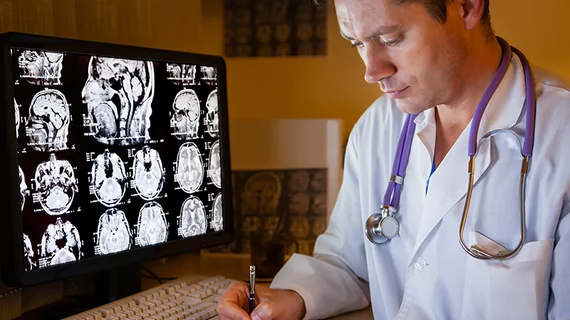Hospitals should be required to report adverse radioisotope injections, expert argues
Medical imaging continues to advance rapidly, and many of these exams offer heightened diagnostic benefits when used in conjunction with radioactive isotopes.
Administering these radiotracers during PET scans, for instance, requires injecting the material directly into a patient’s vein. If that process does not go safely and a vein is punctured or ruptured, that material can leak into tissue—instead of the blood stream—known as infiltration. The consequences of which can expose an individual to much higher levels of radiation, an obvious risk.
Despite these accidents and their consequences, David Townsend, co-inventor of the PET/CT scanner, says hospitals are currently exempt from reporting infiltrations to the Nuclear Regulatory Commission. In his May 18 opinion piece published by STAT, Townshend pointed to a “loophole” in the NRC’s 1980 reporting requirements, exempting hospitals from reporting infiltrations. Even after a 2002 review, institutions were still not required to report these adverse events.
Because of this, Townshend says the “true impact” of infiltrations remains unknown. The NRC is currently re-evaluating this loophole, he acknowledged, and should “do away with the policy that exempts infiltrations from being reported. This will drive quality improvements and improve patient care and safety,” he said.
Read the entire story below.

